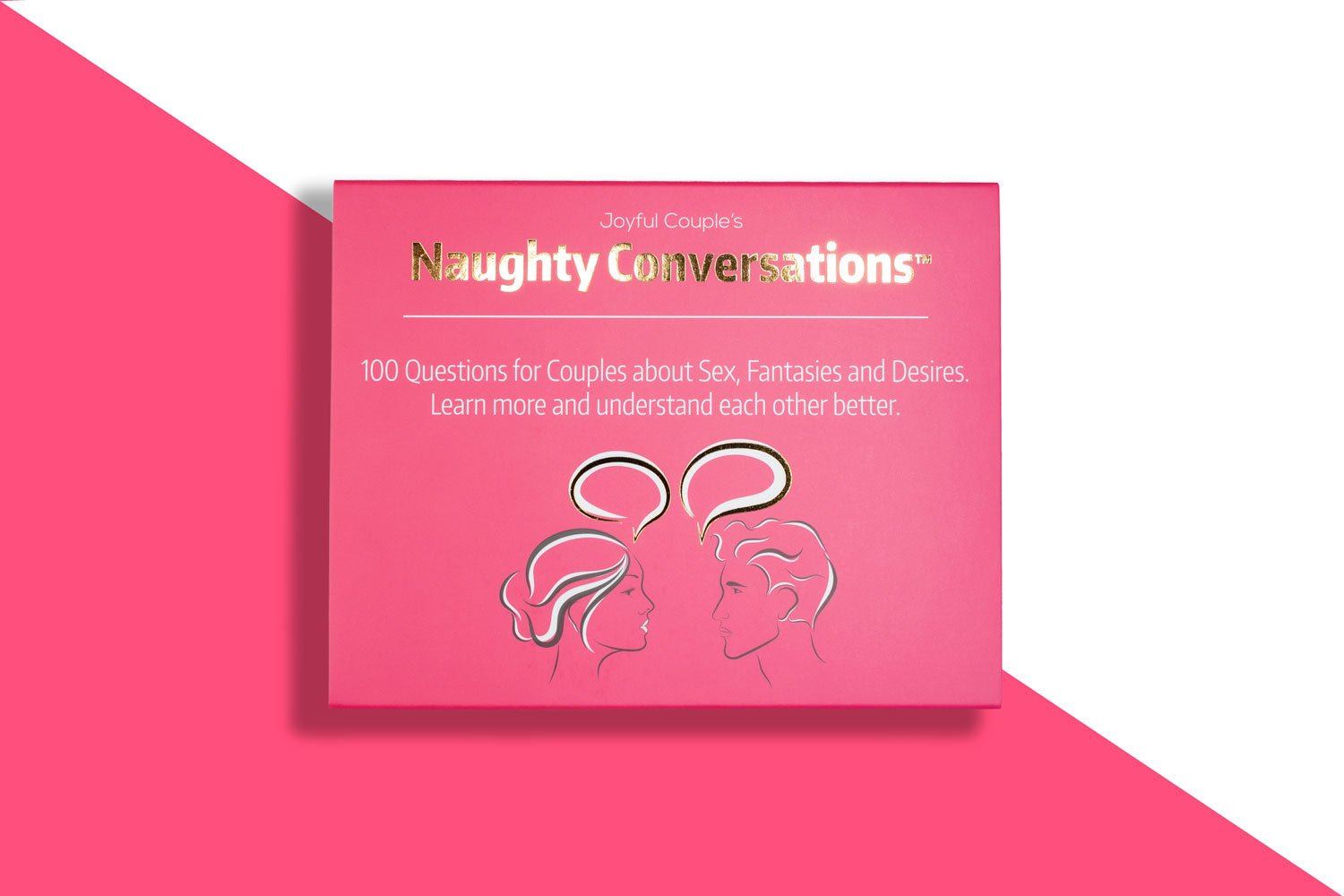Updated: July 4th, 2024

What Kind of Dominance We are Talking About?
Understanding Power Dynamics in Your Relationship
In some relationships, it's very clear who is in charge and who isn't. But often, it's not so obvious. One partner might take on more control without even realizing it, which can lead to confusion and problems between the two of you.
A common mistake is thinking you're the one in control when you're actually not. This misunderstanding can cause frustration and dissatisfaction.
So, how can you get a clear picture of who holds the power in your relationship? Pay attention to how decisions are made and who controls important things like money or other resources. Usually, if one person makes all the key decisions and the other depends heavily on them, it's a sign of an imbalance of power.
Understanding that dominance is a different dynamic, not inherently harmful, can also help. Relationships inherently involve negotiations and, occasionally, relationship disagreements—it's part of human nature. Recognizing and addressing the dynamics of dominance can lead to a more harmonious and balanced relationship.

What Are The Signs Of a Dominant Relationship?
- Do you think one of you takes the lead in most of your relationship?
- Or do you take the lead on some things, but your partner on different ones?
- Maybe, you can’t decide, which one should control the situation, so you argue about it?
- Or maybe neither one of you are taking the lead, because you do almost everything separately?
- Number one: you could be in a dominant relationship
- Number two: an equal relationship
- Number three or four: at a power struggle, where the both of you wishes to be dominant, or neither of you wishes to be dominant
The Benefits and Disadvantages Of Being Dominant
Every person is different and has its own unique set of needs, wants, desires and viewpoints. Some may be generally more dominant, while others like to take the backseat.
So, you’re going to want to consider the benefits and drawbacks of being the dominant person or being with a dominant in a relationship.
When it comes to relationships, there are advantages and disadvantages to being the dominant one depending what kind of person you are.
Dominant is defined as someone who is in control, in charge, and in charge of decision-making. This can be a positive attribute, but it is not always a great thing.
Of course, it all depends on what kind of person you are, and maybe for you there are only disadvantages or advantages, but if we are talking about dominant relationships that are healthy, there are some pros and cons.
Advantages:
- Can let your partner take the lead
- Don’t have to take many decisions or risks
- Usually a simpler, more comfortable rhythm of life
- You can rely to the dominant to fix things
- Usually do not get to choose the big things
- More of less the relationship flows in the direction as the dominant partner wants
- If not contained, can easily slip into the realm of a controlling relationship, which is not healthy
Is a Dominant Relationship For Me?
Ask yourself why you want a Dom/Sub relationship. Will it truly make you happy, and can you commit to it long-term? Some seek these relationships to fill a gap, feel connected, or heal from past abuse, but commitment is key.
Many women in these dynamics struggle with time and energy due to responsibilities, and men often try to change unwilling partners. Reflect on your desires: Do you want to be dominant, submissive, or have an equal power balance? Does your current relationship match this vision?
If yes, great! If not, consider making changes to align better with your desires.
How to Be Dominant in a Relationship
- Communicate Openly: Discuss desires and boundaries with your partner.
- Establish Trust: Build a safe and secure environment.
- Set Clear Boundaries: Agree on acceptable behaviors.
- Be Consistent: Maintain consistent behavior and expectations.
- Respect Your Partner: Always value their feelings and opinions.
- Learn and Adapt: Continuously learn and adjust to suit both partners' needs.
Following these steps can help create a healthy and fulfilling dominant-submissive dynamic.
Do You and Your Partner Need to Be Equal?

How to Make Your Relationship More Balanced

In Conclusion
We would love to hear from you!
FAQ Section:
What are the signs of a dominant relationship?
Signs of a dominant relationship include one partner consistently taking the lead on decision-making without much input from the other, controlling resources or finances, and setting most rules and expectations within the relationship. It's important to note whether this dominance feels consensual and comfortable to both partners, as that differentiates healthy dominance from potentially harmful control.
Is it healthy to have dominance in a relationship?
Dominance in a relationship can be healthy if it's based on mutual consent and respect. It becomes unhealthy if one partner feels oppressed, unheard, or unhappy. Healthy dominance involves clear communication and boundaries, where both partners feel their needs and desires are respected.
How can I make my relationship more balanced?
To create a more balanced relationship, start by openly discussing your feelings and concerns with your partner. Express your need for more equality in decision-making or other areas where you feel the balance is off. Consider establishing routines that allow both partners to contribute their opinions and preferences. Regular check-ins to reassess how the adjustments work can also help maintain balance.
What should I do if I'm unhappy with the dominance dynamics in my relationship?
If you're unhappy with the dominance dynamics, it's crucial to communicate your feelings clearly and respectfully to your partner. Discuss specific instances that made you feel uncomfortable and suggest ways to modify these dynamics. Suppose you need help finding a resolution that satisfies both. In that case, seeking help from a relationship counselor might facilitate more profound understanding and change.









